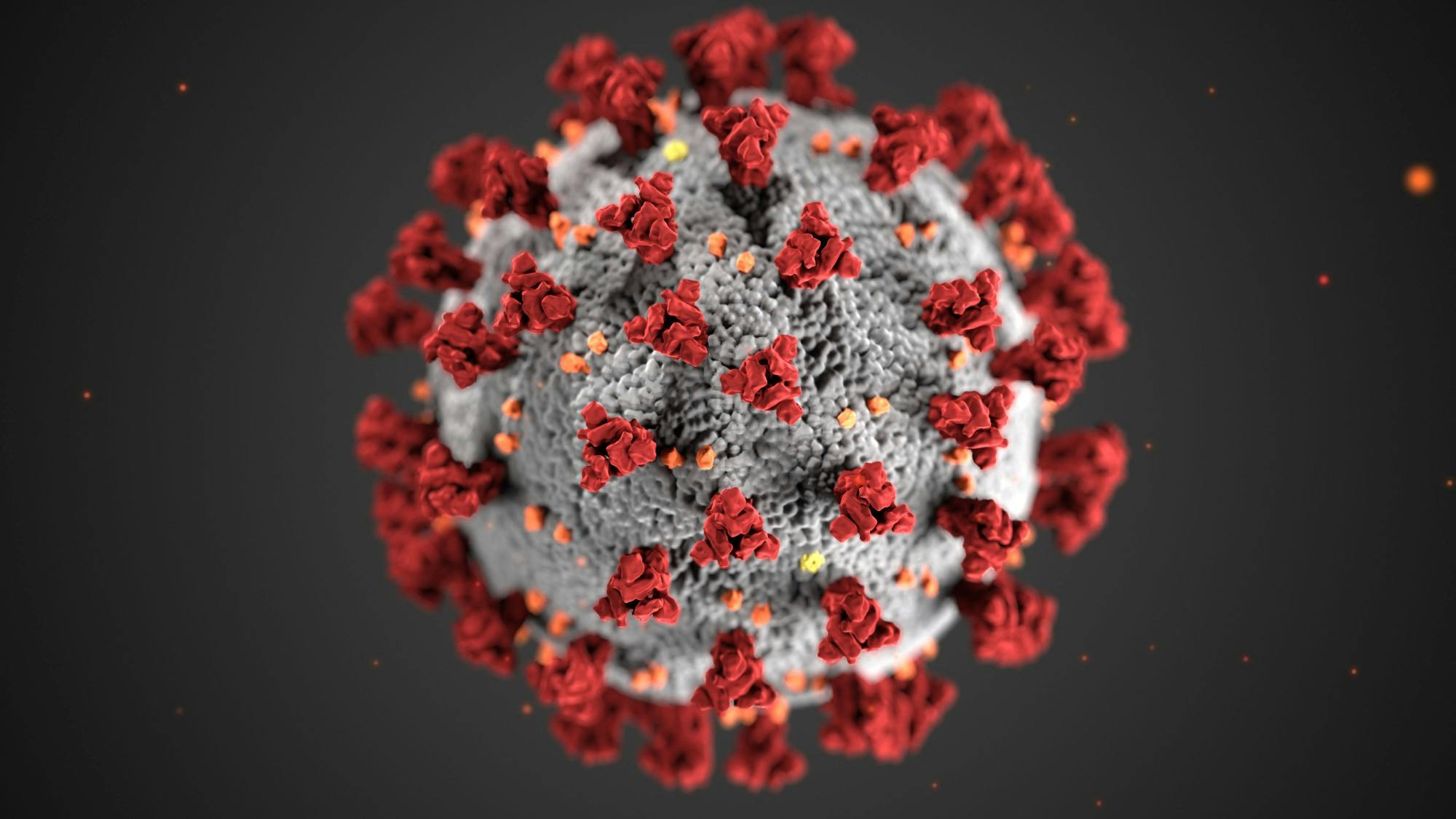With talks of $1,200 checks floating around the internet, many college students are left wondering what the stimulus bill actually means for them.
The $1,200 check and what this means for day-to-day life

This illustration, created at the Centers for Disease Control and Prevention (CDC), reveals ultrastructural morphology exhibited by coronaviruses. Note the spikes that adorn the outer surface of the virus, which impart the look of a corona surrounding the virion, when viewed by electron microscope. A novel coronavirus, named Severe Acute Respiratory Syndrome coronavirus 2 (SARS-CoV-2), was identified as the cause of an outbreak of respiratory illness first detected in Wuhan, China in 2019. The illness caused by this virus has been named coronavirus disease 2019 (COVID-19). Alissa Eckert, MS; Dan Higgins, MAMS
With talks of $1,200 checks floating around the internet, many college students are left wondering what the stimulus bill actually means for them.
The $1,200 check and what this means for day-to-day life
President Trump signed a coronavirus stimulus package March 27 to provide financial relief to those who qualify.
Any adult that makes under $75,000 a year and has a valid social security number may receive the $1,200 and an additional $500 for each child under 17 years of age.
However, the bill has a stipulation — anyone claimed as a dependent, does not qualify for the check.
The only students that will be receiving monetary aid from the stimulus bill will be those who are financially independent from their parents or students over 24, according to Section 6428 of the bill.
Usually any student under 24 with at least half of their expenses paid for by their parents or guardians is considered a dependent by the Internal Revenue Service.
Senior citizens who are claimed as dependents will also not receive any money, according to the bill.
Those who make more than $75,000 a year will still receive some financial assistance, but those making more than $99,000 a year will not receive a check, according to a statement released by the White House.
East Lansing's Rep. Elissa Slotkin (MI-08) said that the bill will likely not be the final stimulus package in a radio town hall with WHMI 93.5.
Benefits for student who have taken out federal loans
Those who borrowed federally-backed student loans will see some benefits, according to Section 4508 of the act.
Borrowers of federally-backed student loans will not have to pay for three months, and those who have defaulted on their student loans won't see debt collectors until the end of the crisis, according to Section 4513 of the bill.
$30 billion has been set aside for schools and universities, according to Politico.
Many lower-income students — both in K-12 school and college — do not have internet access at home or proper devices for learning, reports Politico.
Support student media! Please consider donating to The State News and help fund the future of journalism.